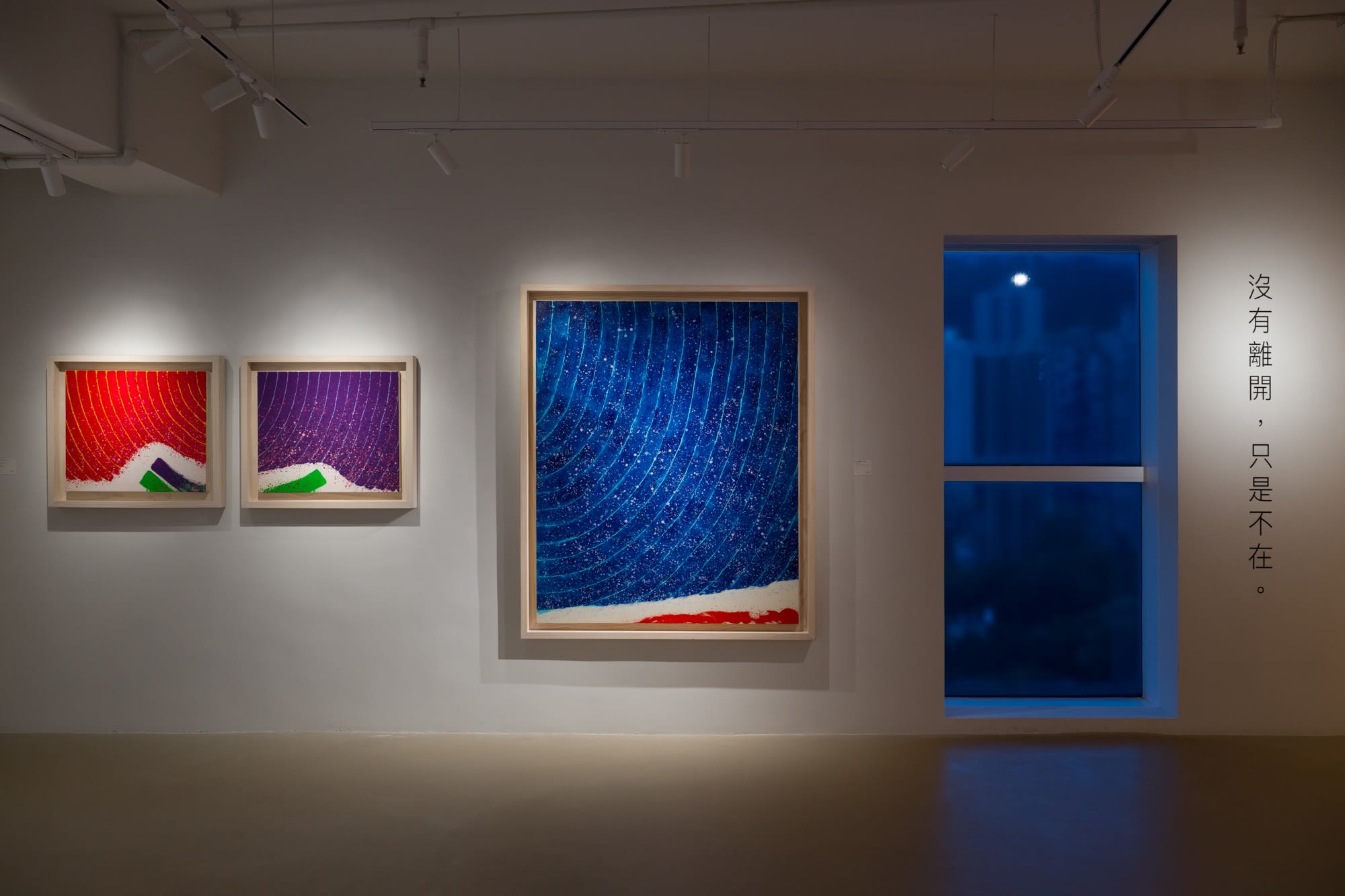Think like a farmer
By Lin Guocheng
For two years I have settled myself down in this gully with such beautiful views; in this valley the insects whisper to each other and the fragrance comes from the wild flowers, leaves and grass; there is a lane which invites you to walk around the mountain; it is in this place that I started to learn how to think like a farmer.
It is actually quite interesting. In ancient Chinese the character “art” means “to plant”; in the book “Shuowen”, it is said that “art” also means “to plant” and at that time it was artists who were the people to plant; which unlike nowadays people refer artists to someone got fame in the entertainment industry. Art was not a glamorous issue, but referring simply to manual work. Art is the skill of planting; a technique that farmers use; this conveys an expression of our agriculture and our civilization; used in trade and commerce originating from the Mediterranean.
A farmer lives on the earth; as long as the sun shines and rain waters the seeds, he can work. In these perfect conditions the crops will grow without assistance from the farmer; this ideal moment seldom happens because nature can be harsh, either with too much sun or drought; making life fragile. Therefore a farmer’s fundamental duty is to let the crops and plants stay alive. This also enables his work to continue and become meaningful when his crops live and grow to bear fruit and to blossom; we all think this comes naturally, so ordinary; such is the reality.
In our urban city environment things are now different. Cities grow in accordance with merchants; more social division or labor; more transactions as this is the foundation of our city life, each day is a complex war of transactions, even the simplest life, we still have to pay for electricity from a power company or water from a water company; we buy clothes or food from the market. Trading becomes the foundation of all business activities; more trade equals to more prosperity; which is all we are willing to see happen.
From this perspective we hope to have more business and more frequent commercial activities within our cities, leading to a refined division of work, creating more professionals and increasing tradable commodities for society. For a merchant this division of labor is welcomed as it brings new trading opportunities; city dwellers also welcome this because it brings new technologies and a greater convenience to them. City dwellers desire for a life of convenience, for profits from trading which contribute to infinite possibilities of division of works and expansion of cities. Unlimited desires and limited resources are always conflicting against each other.
But to a farmer, his view is very different. This world is complied with orders that he must respect; seed in Spring and harvest in Autumn. Be it the trees he plants or the crops he sows, they will not all grow infinitely tall or give bountiful harvests. On the contrary, too much water and fertilizers may kill them; the farmer is merely a life guardian ensuring every life can continue so that he will witness the blossoms and harvests.
On a bus to town I saw a mountain full of wild apricot flowers, like pink snowflakes in the springtime sun. We enjoy the convenience the city brings to us; yet the conflict over limited resources and unlimited desire is getting worse; a contagion of greed raging like a fire ready to devour all. In the world of nature, the sense of order aesthetically remains; flowers open on time each Spring, neither early nor late; the insects start whispering earlier when the weather warms. Life comes from the moist land; now I can smell the air from the humid South; a chain linking one to another like a circle; nothing in nature disobeyed.
I live in the suburbs; a daily commute to the city; I use a pen with faint lines to simulate the growth of all things; together the city is growing as a geometric structure; however if all these can be placed under the order of nature, we will follow this order with respect, and, will life be more beautiful?
As to see what the farmer does- continuation of life is the basis of all goodness.

